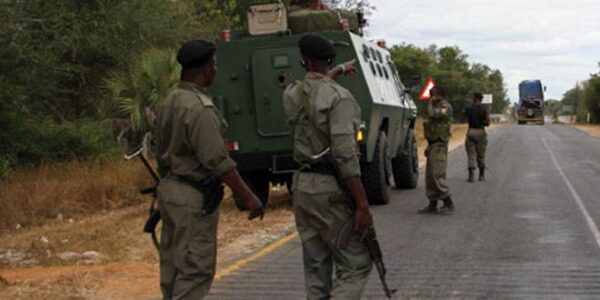
Why is so hard to defeat the Islamic State terrorist group in Mozambique
The recent bloodthirsty raid by jihadist militants from the Islamic State group (IS) in northern Mozambique has shocked the world.
Hundreds of well-armed fighters were able to overrun a town close to Africa’s largest gas project. They massacred dozens of people, locals and expatriates, leaving decapitated bodies strewn around the streets.
So how was this able to happen, why can the Mozambican government not control this insurgency and what will it take to defeat it?
They call themselves al-Shabab, an Arabic word for “the young men” or “the lads”. This is misleading as they are not the same group as Somalia’s al Qaeda-linked insurgents who also go by that name. Instead, this group pledged allegiance in 2019 to the rival IS group, based in Iraq and Syria. They have adopted the title of Islamic State Central Africa Province (ISCAP), which again is misleading since Mozambique is not part of Central Africa.
In a pattern that has repeated itself elsewhere in the world, such as in Mali, Iraq and Nigeria, this insurgency grew out of local people’s grievances at feeling marginalised and discriminated against by their own government.
Mozambique’s Cabo Delgado province, where they operate, is more than 1,600 km (990 miles) away from the capital Maputo but it contains the largest and richest Liquid Natural Gas (LNG) project in Africa. Operated by the French company Total, it is estimated to be worth US$60bn (£44bn) with investment from countries including the UK.
Local residents complain they have seen little of this wealth or investment passing down into their community which prompted the beginnings of the insurgency in 2017, later becoming “internationalised” as they gained support from IS.
Source: BBC





